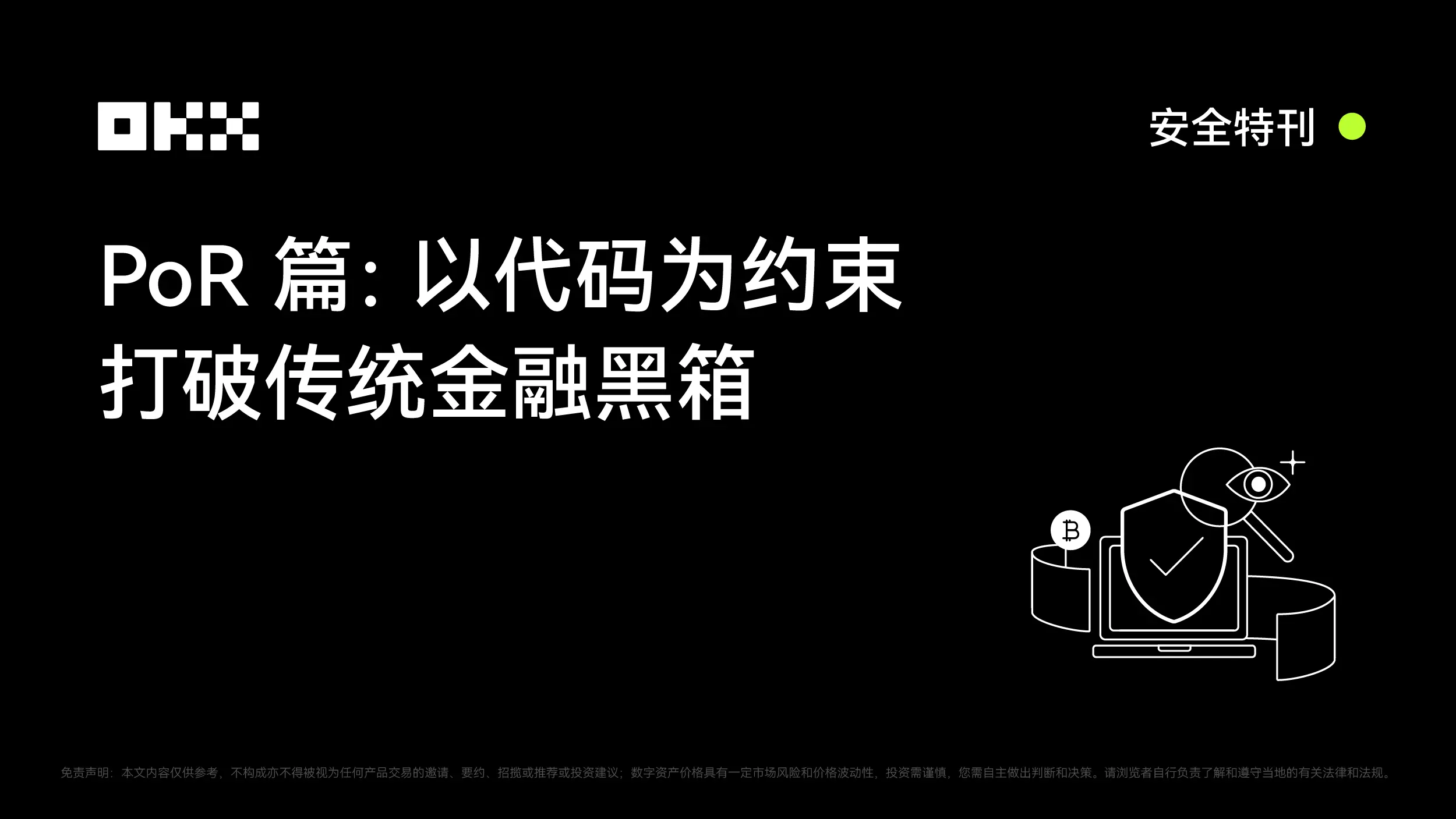FTX investors sue Sequoia and Paradigm; do VC investors bear legal responsibility for investment failures?
Original Title: "FTX Investors Sue Sequoia Capital and Other VC Firms for 'False Statements' - Should VC Firms Bear Legal Responsibility for Investment Failures?"
Author: Tian Xiao, Caixin News
From its inception, venture capital has emphasized the allure of "risk." However, in the face of numerous investment failures in emerging fields, investors are demanding that VC firms bear more responsibility for their mistakes.
Recently, investors in the cryptocurrency FTX have filed a lawsuit against venture capital and private equity firms, including Sequoia Capital, Thoma Bravo, and Paradigm. The lawsuit claims that the substantial investments made by these firms portrayed FTX as a trustworthy and legitimate cryptocurrency exchange, with investors accusing the firms of violating state and federal laws, including false statements, false advertising, and civil conspiracy.
In fact, the sued VC firms themselves suffered significant losses in the FTX bankruptcy incident. Sequoia Capital and Thoma Bravo invested over $150 million in FTX, while Paradigm invested $290 million in FTX-related companies. After FTX experienced a liquidity collapse, all three firms wrote down the value of their investments to zero.
Once valued at $32 billion, FTX's sudden collapse not only dealt a heavy blow to the cryptocurrency industry but also had further negative impacts on the already battered venture capital sector.
Over 60 investment firms were optimistic about FTX, praising its founder.
The three sued firms were investors in FTX's $900 million Series B funding round in July 2021, which was the largest fundraising in cryptocurrency history.
In addition to the aforementioned firms, over 60 investors participated in this funding round, including SoftBank, Ribbit Capital, Insight Partners, Third Point, Lightspeed Venture Partners, Altimeter, BOND, NEA, Coinbase Ventures, Willoughby Capital, 40North, Senator Investment Group, Sino Global Capital, Multicoin, the Paul Tudor Jones family, Izzy Englander, Alan Howard, VanEck, Hudson River Trading, and Circle.
While completing the funding, many investment firms expressed great admiration for FTX and its founder, Sam Bankman-Fried.
Sequoia Capital partner Alfred Lin stated that FTX is a high-quality, global cryptocurrency exchange that the world needs, with the potential to become a leading financial exchange for various assets. "Sam is the perfect founder to build this business, and the team's execution is extraordinary." Sequoia Capital even published an article on its website stating that during a video call with its investment team, Sam was playing "League of Legends," but this did not affect Sequoia's interest in investing, leading to a $210 million investment in FTX. After FTX's collapse, Sequoia has since removed that article.
Paradigm co-founder and managing partner Matt Huang said, "Sam is one of those special founders, with a vision that is both ambitious and uniquely suited to the future of cryptocurrency. The team's execution speaks for itself, and FTX will grow into a top global exchange within two years."
Thoma Bravo founder and managing partner Orlando Bravo expressed excitement at watching Sam and the FTX team successfully build the world's most advanced cryptocurrency exchange. "While this is an incredible achievement in itself, they are committed to making a positive impact on the world through their technology."
Inadequate Due Diligence, SEC Has Launched an Investigation
According to a lawsuit filed in the Northern District of California, the sued VC firms claimed to have conducted extensive due diligence on FTX's operations and assured that the platform was safe. However, prior to this, some investment firms had acknowledged their shortcomings in due diligence.
For instance, Sequoia Capital proactively apologized to its fund investors last November, stating that it would improve its due diligence procedures for future investments and work harder to ensure that early-stage startups' financial statements are audited by one of the Big Four accounting firms.
SoftBank's investors also apologized to LPs, admitting they were caught up in FOMO (fear of missing out) and did not fully understand what they were investing in.
Temasek initiated an internal investigation after losing $275 million from FTX, aiming to "study and improve its processes and learn lessons for the future." It stated that from February to October 2021, it spent about eight months reviewing FTX's audited financial statements, which showed it was profitable. However, all investments carry risks, and due diligence has its limitations; it is impractical to eliminate all risks, and external due diligence "cannot detect fraudulent activities meticulously concealed by a few individuals."
In addition to being sued by investors, the U.S. Securities and Exchange Commission (SEC) has also taken an interest in the frequently "crashing" VC firms.
According to Reuters, in January of this year, the SEC sought detailed information on the due diligence conducted by FTX investors, having already inquired with several FTX investors and issued document requests, asking them to provide what due diligence policies and procedures were established when investing in FTX, whether these policies and procedures were followed, and whether the investors fulfilled their fiduciary duties. As the relevant investigation has not been made public, sources declined to disclose the names of the VC firms under SEC investigation.
Meanwhile, the SEC is drafting new rules aimed at making it easier for investors to sue VC firms for inadequate due diligence and poor investments. This proposal could be finalized as early as this quarter. The new rule will apply not only to venture capital but also to private equity firms, hedge funds, and certain real estate investment firms that are already regulated by the SEC.
What Responsibility Should VC Firms Bear for Investment Failures?
Not only facing significant losses but also legal accusations, should VC firms bear more responsibility for investment failures?
Luo Pan, an expert from Whale Platform and Executive Dean of Practical Finance Business School, told the Science and Technology Innovation Board Daily that investors suing Sequoia Capital and other VC firms may find it difficult to gain support from the courts.
The first issue lies in the identities of the parties involved in the lawsuit. As ordinary investors, they are also investors in the company, just like Sequoia Capital and other investment firms. Whether they invest directly or indirectly, legally, they are shareholders of the company. Therefore, the question of whether shareholders can sue other shareholders is worth noting.
The second issue is factual. If investors believe that Sequoia Capital and other VC firms should bear legal responsibility, they must prove that these shareholders have harmed other shareholders. However, logically, the parent company of the cryptocurrency FTX is an independent legal entity. If the company engaged in false statements or false advertising during its operations, the responsibility should lie with the parent company. To hold other shareholders accountable, one must prove shareholder liability, which will be challenging.
If investors rely solely on Sequoia Capital's publicly available so-called investment analysis reports as factual evidence of false statements, it may be difficult to gain the court's acceptance. After all, the investment analysis reports prepared by investment firms based on the information they obtained are only responsible for their own investment actions and cannot be held accountable for the follow-on actions of other investors.
Luo Pan stated, "I believe ordinary investors will find it hard to gain court support unless there is evidence to prove collusion among them."
At the same time, the aforementioned experts also indicated that this case has good learning and reference significance for domestic investors.
"Currently, there are still significant irrational behaviors in the investment process of China's capital markets, with a typical behavior being 'voting with their feet' through follow-on investments. Many investors lack professional investment capabilities, and some firms have not established investment logic suitable for themselves. In this situation, they can only follow the investments of more well-known investment firms in the market.
"This investment behavior has two major drawbacks. First, it can easily lead to investment herd mentality; once a large number of investors flock to follow a star firm, it can cause a severe divergence between investment prices and values, ultimately harming the development of the enterprise and causing irrational fluctuations in the investment market. Second, the follow-on effect may be exploited by unscrupulous firms, releasing investment news in a market they are about to exit, leading to a frenzy and trapping a large number of investors, which will severely impact the healthy development of the market."
Therefore, investors should clarify their investment direction, scope, and have a clear investment logic and risk tolerance level before making any investments, rather than blindly following others. Otherwise, if they encounter a situation similar to the FTX collapse, pursuing claims afterward may only exacerbate their losses.









